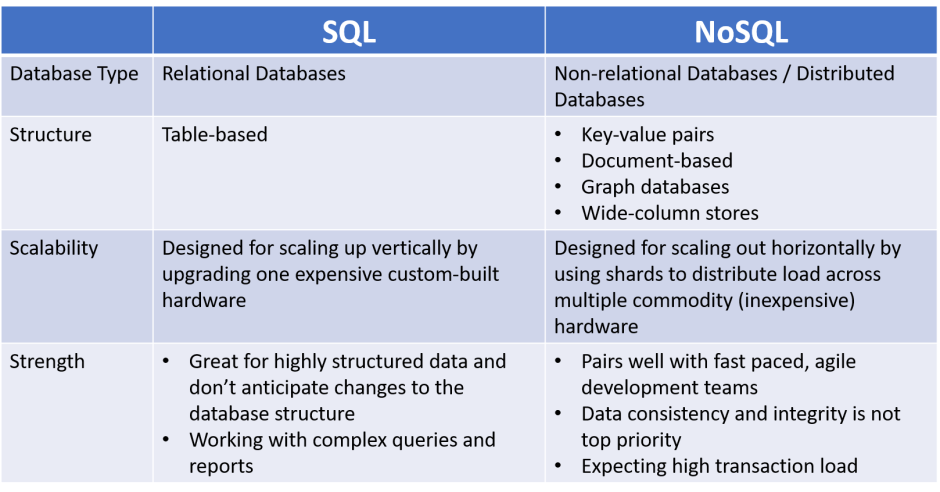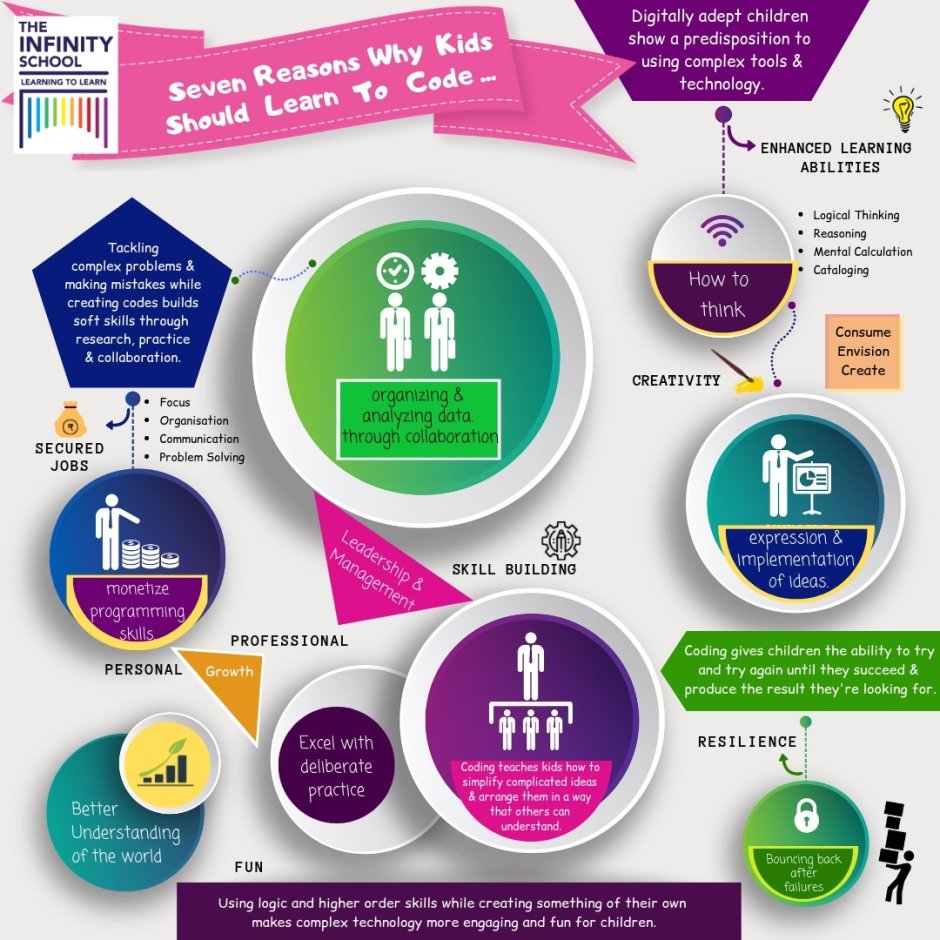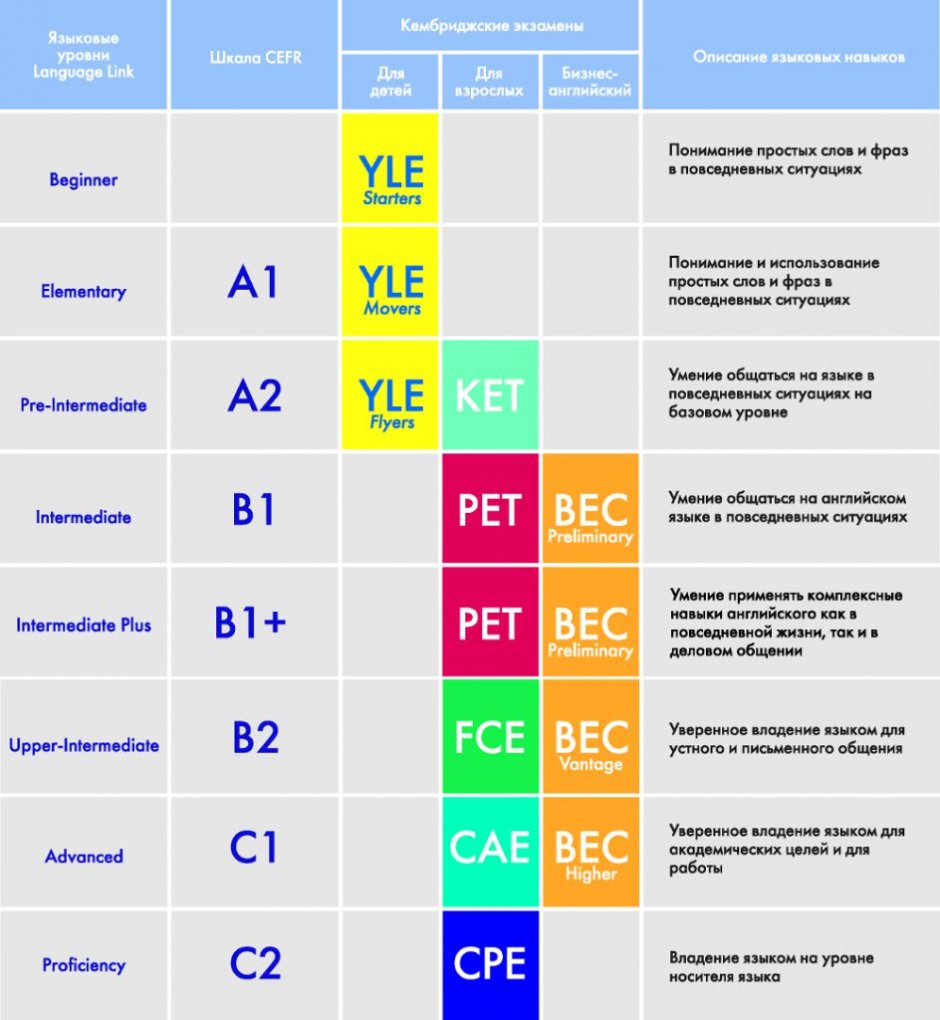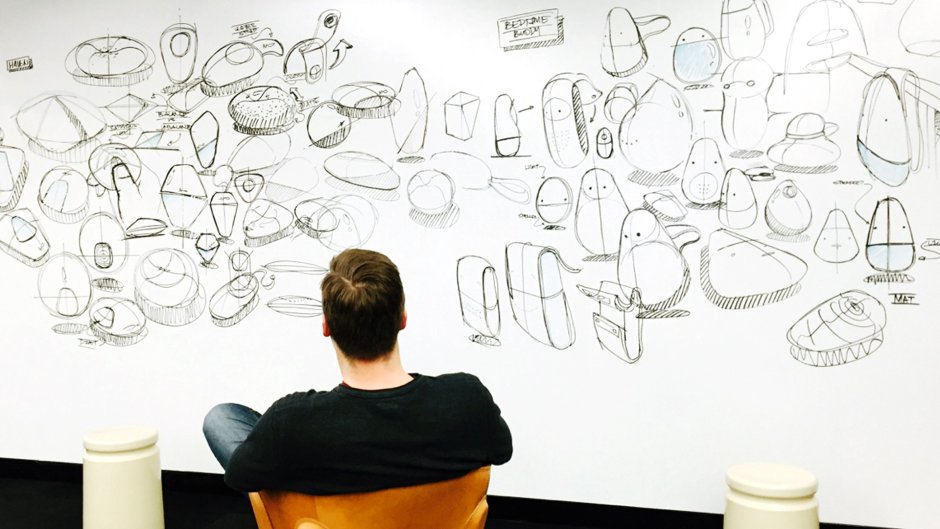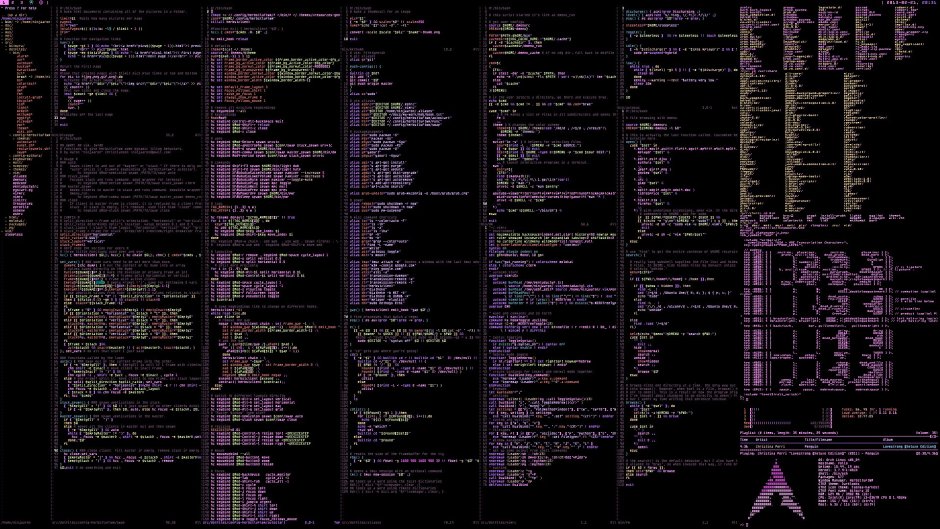Characteristics of language
Language is a remarkable tool that allows us to communicate, express our thoughts, and connect with others. It is a complex system of communication that possesses various characteristics.
One of the key characteristics of language is its arbitrariness. This means that there is no inherent connection between the words we use and the concepts or objects they represent. For example, the word "dog" has no intrinsic link to the furry, four-legged animals we associate it with. This arbitrariness allows for a vast array of possibilities in language, as new words can be created and existing ones can change over time.
Another important characteristic of language is its productivity. Language is not limited to a fixed set of words or phrases but constantly evolves and adapts to meet our ever-changing needs. We have the ability to combine words to form new expressions and convey complex ideas. This productivity enables us to communicate effectively in a multitude of situations.
Language also exhibits cultural and social influences. Different cultures have distinct languages, each with its own unique vocabulary, grammar, and pronunciation. Additionally, language reflects societal norms, values, and customs, shaping our perceptions and interactions with others. The use of slang, dialects, and formalities further demonstrates the impact of culture and society on language.
Another fascinating characteristic of language is its duality. Language serves both as a means of expression and as an object of study. Linguists analyze the structure, sounds, meanings, and usage of language, unraveling its intricate systems and patterns. This duality allows for a deeper understanding of language and facilitates its further development.
Furthermore, language is inherently dynamic. It changes over time due to various factors such as technological advancements, globalization, and cultural shifts. New words are coined, old words fall out of use, and meanings evolve. This dynamic nature ensures that language remains relevant and adaptable to the needs of its speakers.
Finally, language is deeply intertwined with human cognition. It is not merely a tool for communication but also shapes our thoughts, perceptions, and understanding of the world. Language enables us to think abstractly, categorize information, and express our emotions. It is through language that we construct meaning and make sense of our experiences.
In conclusion, the characteristics of language are vast and multifaceted. Its arbitrariness, productivity, cultural and social influences, duality, dynamism, and cognitive significance all contribute to its richness and complexity. Language is an extraordinary human invention that continues to evolve and shape our interactions with the world.







































